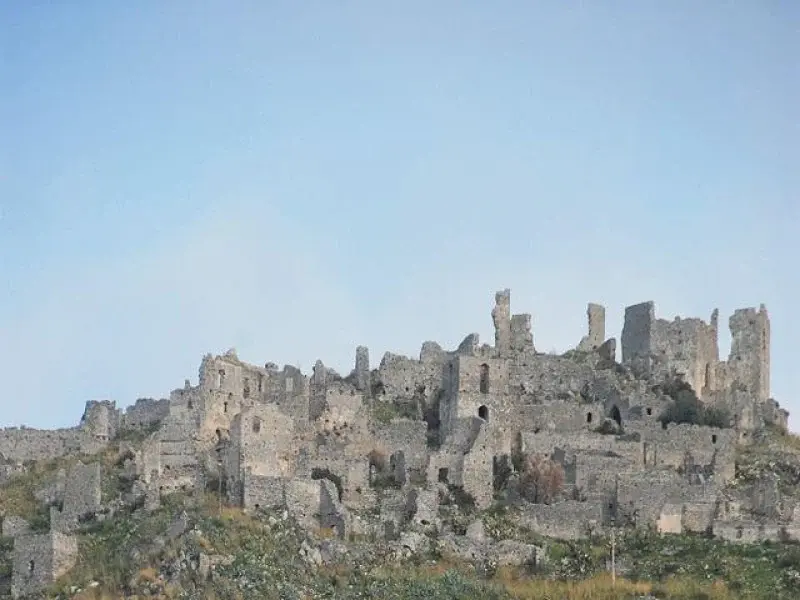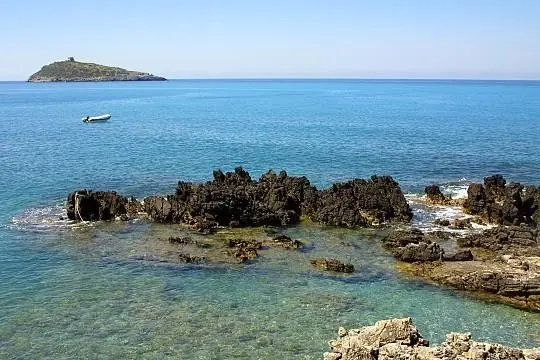Calabrian Chilli Pepper tour: scoville, cultivation and uses
Discovering the Calabrian Chilli Pepper, cultivation and characteristics

Food and wine
Regione Calabria
When one speaks of Calabrian cuisine, one immediately thinks of its king: the Calabrian Chilli Pepper. But how much do we really know about the history, characteristics and uses of the Calabrian Chilli Pepper?
For example, what is its degree of spiciness according to the Scoville Scale? What are the "spiciest" places to visit in Calabria for production, uses and dedicated events?
Let's find out together!
All about Calabrian Chilli Pepper: Scoville Scale and places of production
A "spicy" land by definition, Calabria is the home of the Calabrian Chilli Pepper. A product that has become a symbol of the local gastronomic tradition and of the entire region, although it has not yet achieved brand certification.
The Calabrian Chilli Pepper and the spicy products derived from its use have characteristics to suit all tastes. The most popular varieties? The Calabrese Tondo, the Ciliegino (also known as Ceraso or Cerasiello), the Guglia (or Peperoncino Calabrese Lungo), the Diamante, the Pizzitàno, the Peperoncino Calabrese Verde, the Naso di Cane and the Peperoncino Calabrese Diavolicchio, to name but a few.
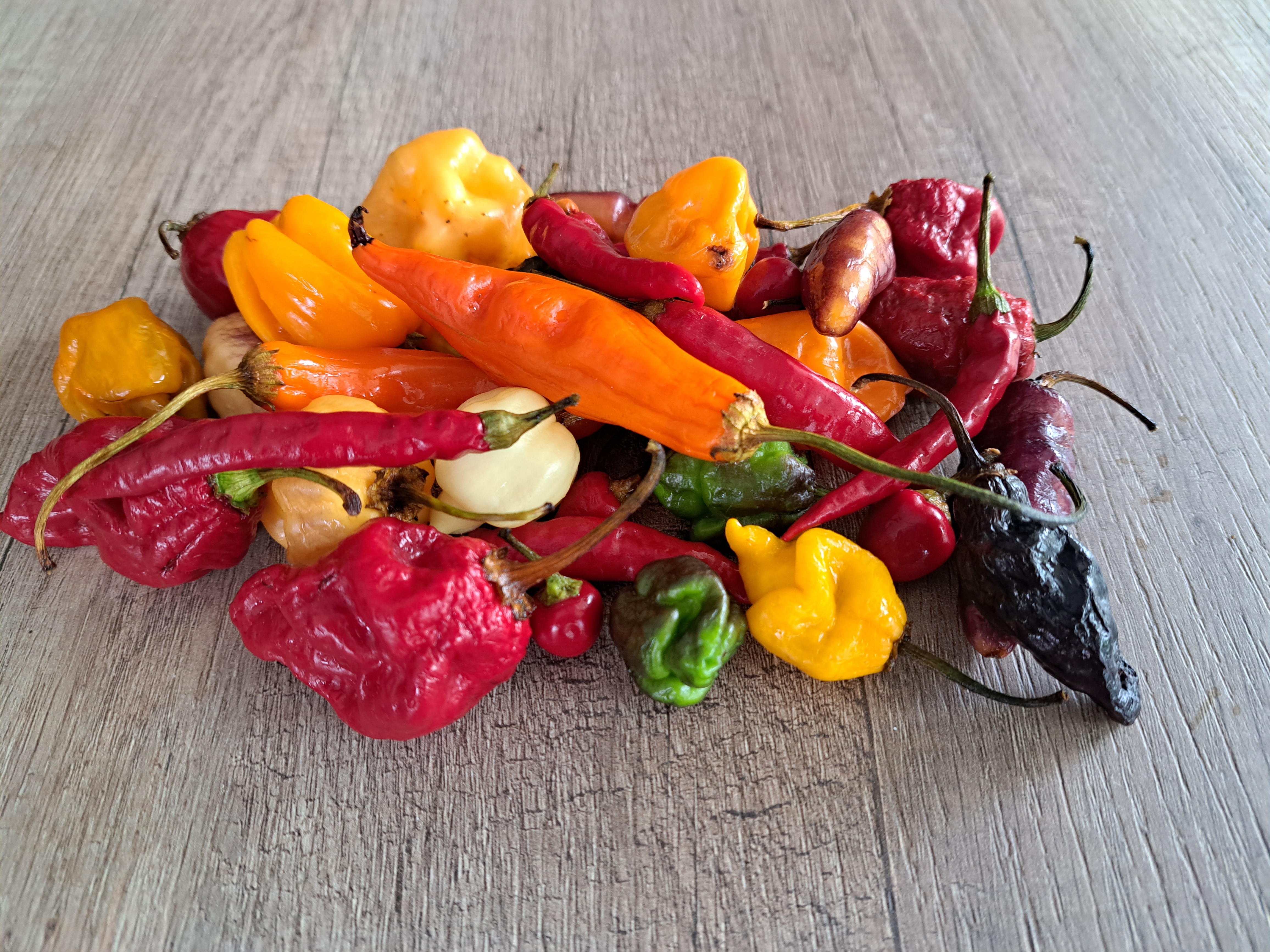
Many of these varieties allow the Calabrian Chilli Pepper enthusiast to cultivate in pots, but the methods and places of production are varied, from north to south of the region.
How hot is the Chilli of Calabria in Scoville? The degree of hotness ranges from 40,000 to 50,000 SHU (Scoville Scale of hotness), which is a medium level according to world standards, considering that the Habanero pepper, one of the hottest in the world, registers 300,000 SHU.
How do you use Chilli Pepper of Calabria? You're spoilt for choice! From its pure consumption, as a spice, to its use as a basic ingredient in Calabrian PDO cured meats, fresh or powdered Calabrian Chilli Pepper, ground, dried in plaits hung on balconies and windowsills, pickled and pickled, stuffed with anchovies and capers, to its more daring use in confectionery, in the form of jams, liqueurs, chocolates and ice cream.
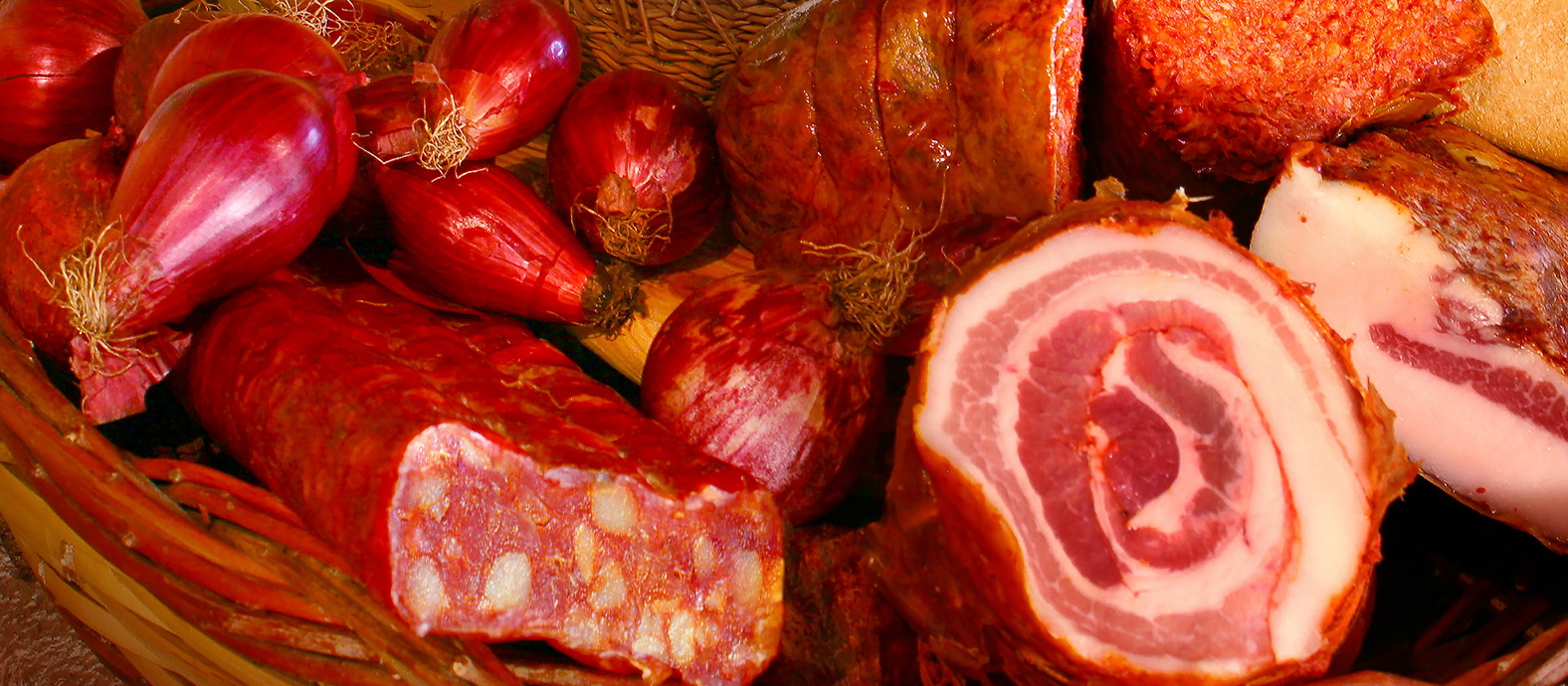
The Calabria of chilli peppers, a spicy itinerary
The Calabrian Chilli Pepper is the protagonist of a "spicy" itinerary in the places where it is produced and used.
The tour to discover the Calabrian Chilli Pepper starts from the province of Cosenza and one of the symbolic places of this renowned spice: Diamante.
Known as the "City of the Chilli Pepper and Murals", this beautiful seaside resort along the Riviera dei Cedri, on the Tyrrhenian Sea, is the site of the famous "Peperoncino Festival", one of the region's best-loved gastronomic and cultural summer festivals since 1992.
The nearby municipality of Maierà, on the other hand, hosts the not-to-be-missed Museum of the Chilli Pepper, where you can learn all about the real Calabrian Chilli Pepper.

A little further south, towards the hinterland, we come across the municipality of Roggiano Gravina, famous for another variety of Calabrian Chilli Pepper: the typical Roggianese Pepper (also known as pipàzzu), also available sweet. Dried in the sun (pipi crùschi), in the folkloristic necklaces hung on balconies, it is the classic long pepper (even 15 cm).
If we move on to traditional dishes and recipes based on spicy Calabrian Chilli Peppers, we must mention two "musts" of local gastronomy that range from the sea to the mountains.
The first is the very tasty Sardella, a delicacy of Upper Ionian towns such as Crucoli, where a dedicated festival is held every August, Trebisacce, Corigliano-Rossano, Cariati and Crotone. Sardella, also known as "Calabrian Caviar" or Rosamarina, is a spreadable cream made from bianchetti (local blue fish), Calabrian Chilli Powder and fennel seeds.
Finally, the most eagerly awaited stop on the "spicy" itinerary: the town of Spilinga, in the province of Vibo Valentia. It is here that the famous 'Nduja di Spilinga, the most famous spicy Calabrian sausage in the world, is born and produced.
The Festival of 'Nduja is held every year on 8 August and is the ideal occasion to taste this goodness in all its variations: melted and spread on bread, fried as a base for ragùs, sauces and soups or to accompany cheeses and omelettes.
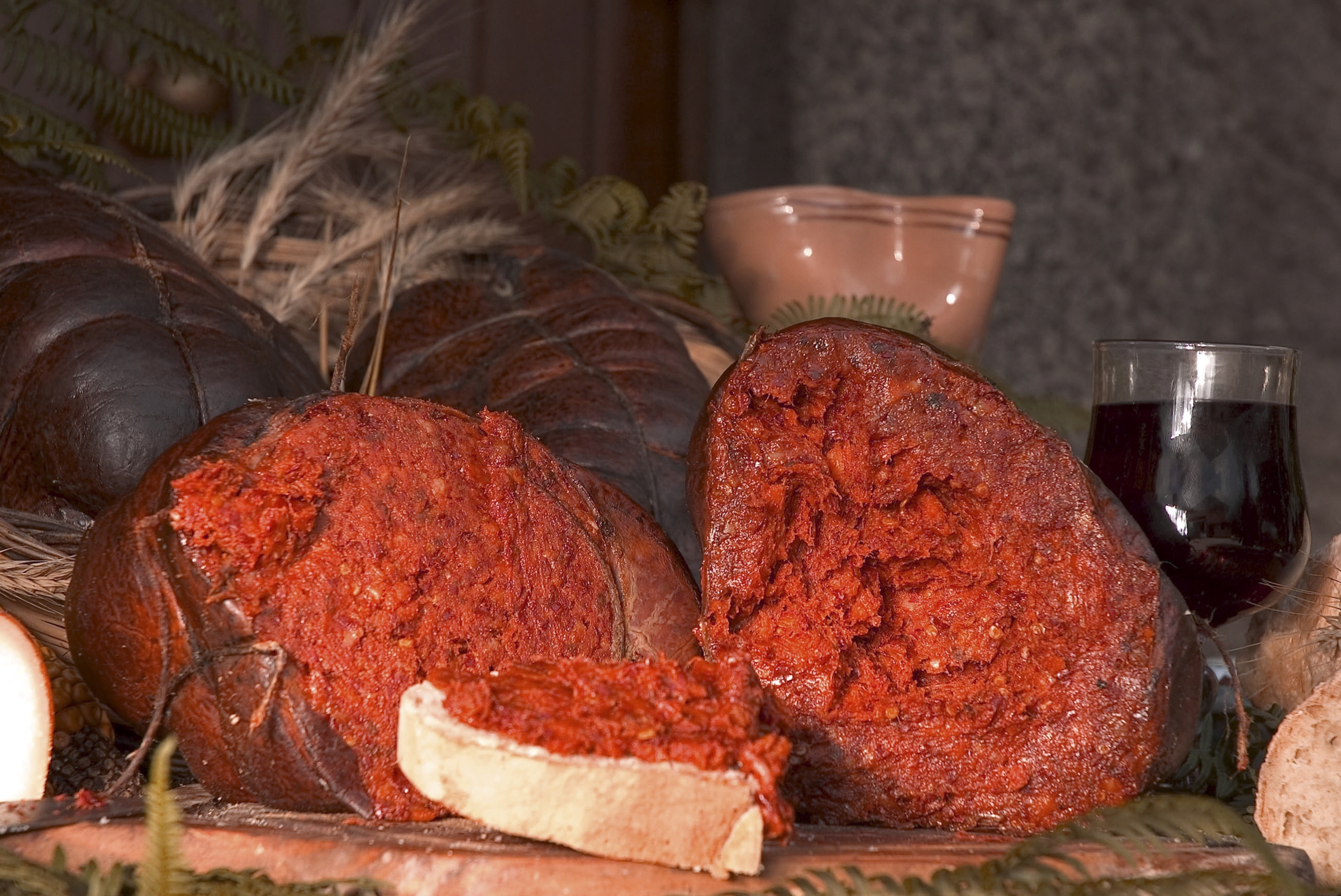
https://calabriastraordinaria.it/en/news/calabrian-chilli-pepper-tour-scoville-cultivation-and-uses




